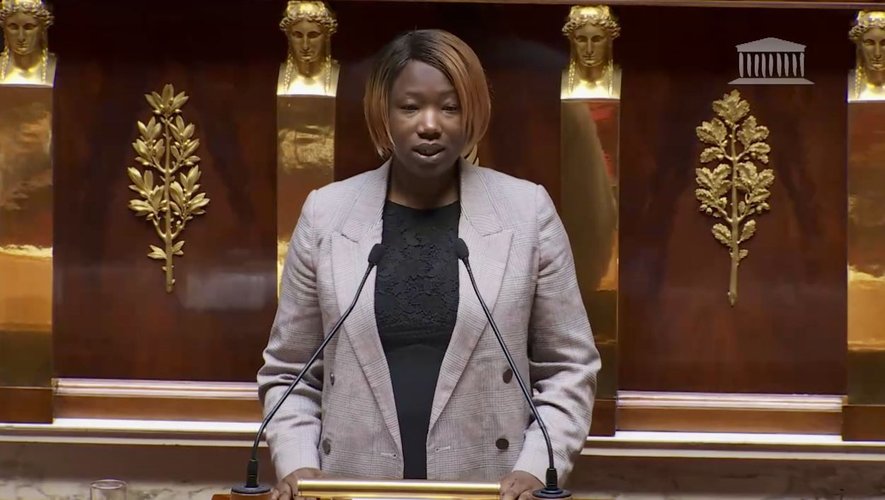The MP for Lot, Huguette Tiegna, voted in favor of the law aimed at reducing the environmental impact of the textile industry and strengthening the regulation of ephemeral fashion online: fast fashion.
Horizons’ proposed bill to limit the environmental impact of the textile industry was voted unanimously in the General Assembly on Thursday. Huguette Tiegna supported this text on behalf of the Renaissance group, to fight against fast-fashion, represented by online marketplaces that sell clothes at low costs, and with thousands of references.
What are the main points of this bill?
Firstly, the polluter pays principle is based on the eco-contribution model which allows to impose a fine on producers of clothing textiles, linen, etc., to take into account their impact on the environment and carbon emissions, with one bonus-malus system that can amount to 50% of the price, i.e. from €5 to €20 by 2030. There will be the mandatory display of an eco-score calculated based on the sustainability of the garment, the Co2 emissions and its impact on the environment.
?️ “Fast fashion”: examination of the bill @Horizons_AN aimed at reducing the environmental impact of the textile industry.
?️ “We must open our eyes to our economic model and our model of overconsumption, which is contrary to the scientific consensus… pic.twitter.com/Bk2uHTkzLb
— Huguette Tiegna (@Huguette_Tiegna) March 14, 2024
The other point concerns the ban on advertising, including on social networks, and also with influencers.
Finally, French consumers will be informed about the impact of fast fashion on the environment, and made aware of repairs, reuse of clothes, second-hand goods, etc.
How can we estimate the impact of fast fashion on our economy?
At Shein there are 8,000 references at unbeatable prices but of poor quality. The number of garments offered for sale on these marketplaces each year has increased by a billion. In 2022, the global turnover of fast fashion is estimated at 200 billion. It produces more than 20% of global CO2 emissions. Instead of purchasing an average of 30 items of clothing per year; today it is 48, due to the low side.
“Shein’s argument about defending consumer purchasing power doesn’t hold water. If you buy something that isn’t of quality, it gets damaged, you have to alter it or have it sewn, and the interest is zero.”
Among our colleagues at RMC, Shein’s French director refuted the child labor allegations.
We know that child labor is not prohibited in China. We have feedback from NGOs and cannot obtain means of verification on site. There is also the issue of forced labor of Uyghurs… And then there are the ridiculous salaries of Chinese workers. By refuting this, fast fashion brands tried to stop us from voting for this bill.
So you were responsible for the text on behalf of the Renaissance group?
My role was to express the opinion of my parliamentary group, follow the preparatory hearings in collaboration with the Ministry of Ecological Transition and Bercy, negotiate with the various leaders of the oppositions, reach consensus and bring unanimous votes .
I have also written two amendments tabled by my group on the approval of unsold products and on the obligation for online marketplaces to indicate the number of references sold.

